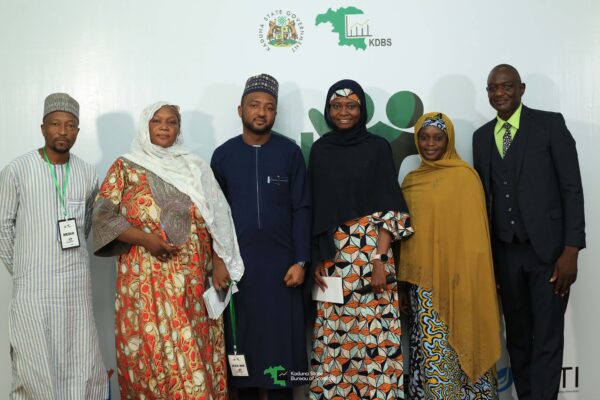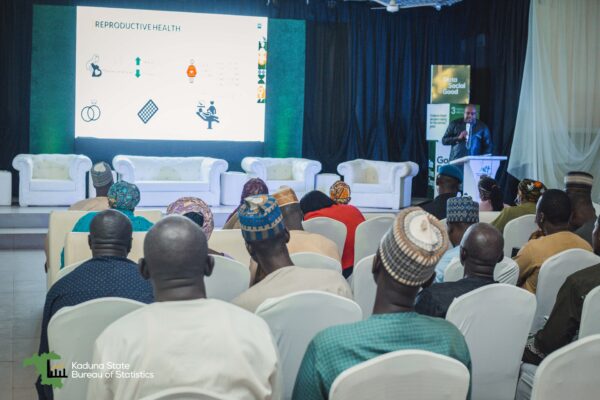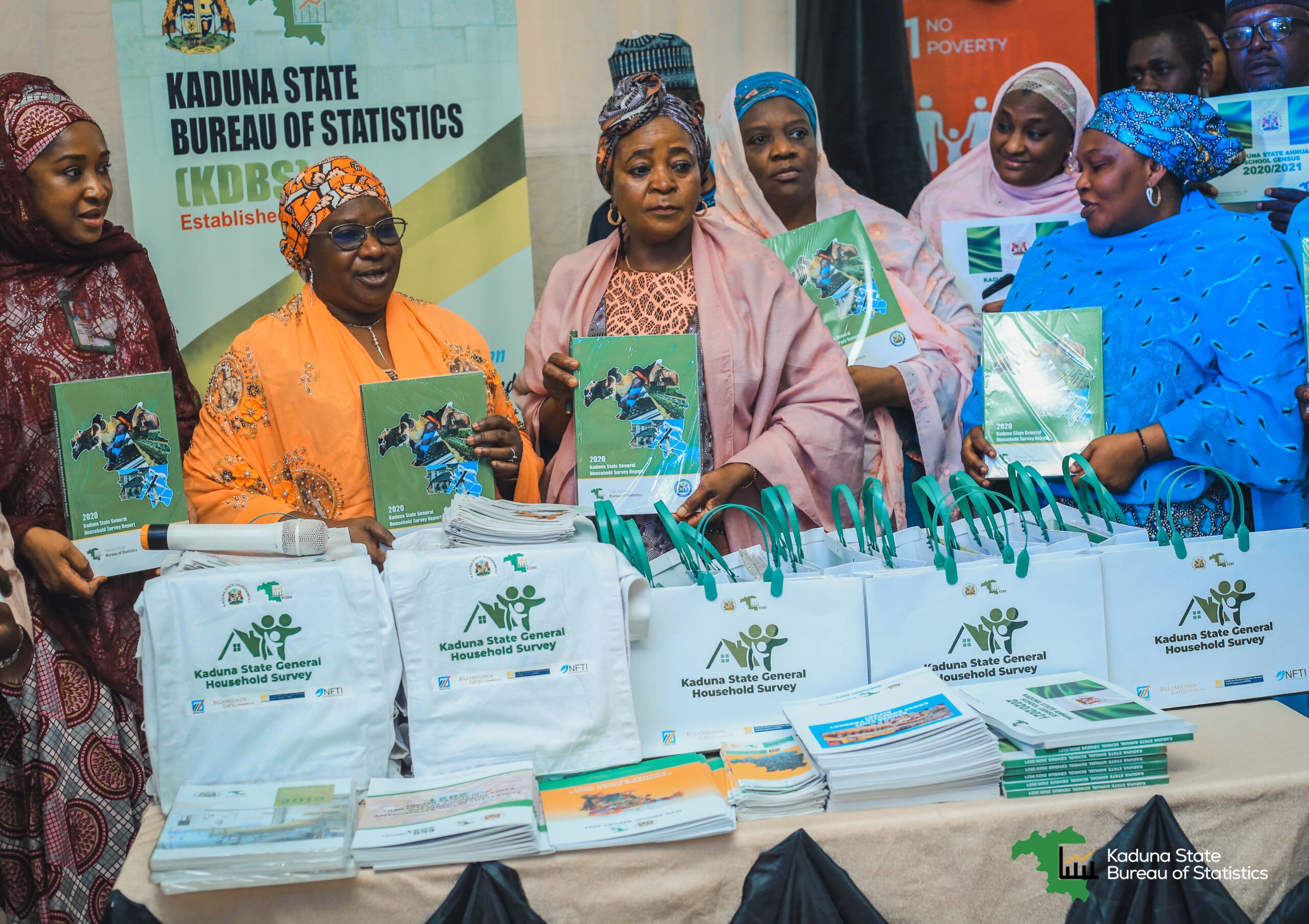The Deputy Governor of Kaduna State, Dr. Hadiza Balarabe, has launched the 2020 Kaduna State General Household Survey Report and Analytics Dashboard. The goal of the survey was to provide up-to-date data on health and demographic indicators, particularly maternal and child health, fertility, family planning, and nutrition, at the state, zonal and LGA levels to meet the monitoring and evaluation needs of the SDGs and Kaduna State Development Plan. The KDGHS2020 provides data on household characteristics, childbearing, childhood vaccination, school readiness and schooling. Other areas covered by the survey include prevalence of diarrhoea and use of ORS and zinc among children under-five years, prevalence of exclusive breastfeeding in the first six months of life, ownership and use of mosquito nets, utilization of skilled birth attendants and antenatal care services among women 15 to 49 years, as well as prevalence of postnatal care visits by mothers within 48hrs of delivery.

In her keynote address, Dr. Balarabe mentioned that ‘’all credible governments have created as their core, a culture centered on evidence-based decision making. Kaduna state is not left out of this.’’ According to her, demographic and health data are important prerequisites for monitoring health, social and economic sectors for development indicators in the state.
The Kaduna State Bureau of Statistics developed the first General Household Survey about six years ago with the goal of creating a comprehensive health and demographic evidence database. It was a tremendous effort to investigate the range of health concerns that influence women and children’s lives, as well as to improve the monitoring and evaluation ability to collect critical data on these populations.
The Executive Director of NFTI, Mr. Nuradeen Maidoki, presented the Kaduna State General Household Survey analytics dashboard at the just concluded #KDGHS2020 event.

Visit this link to download the report.
Interact with the dashboard here.




